
Gamification in LMS: Boosting Engagement & Retention Through Smart Learning
- Schools and businesses are seeking innovations that can capture learners' attention in an era where individuals possess diminishing attention spans and increasing digital distractions. Gamification in LMS (Learning Management Systems) is one of the greatest tools, changing the way we see learning today. Through the incorporation of game design elements in online learning systems, organizations are able to boost participation, motivation, and knowledge retention.
- This blog explores how gamification transforms learning experiences and highlights the importance of choosing the best software company for implementing effective gamified learning solutions.
- Gamification is not a fad - it remakes learning. With the use of game-like elements, schools and institutions are able to design learning experiences that are relevant, memorable, and meaningful.
What is Gamification in LMS?
- Gamification is the application of game-design components such as points, badges, leaderboards, and challenges in non-game contexts, and if we talk here in this case, education and training. An LMS improved with gamification changes learning into a more dynamic, interactive and rewarding process.
- Not consuming the content passively, learners are encouraged to participate, progress, and compete in a way that is similar to video games or mobile apps. This method taps into human psychology, particularly the desire for recognition, achievement and social status.
Why Gamification Works
- Gamification is based upon behavioral psychology, in layman language, intrinsic and extrinsic motivation. It does something that causes the brain to release neurotransmitter dopamine, responsible for us experiencing pleasure and satisfaction.
- Significant advantages are:
- Enhanced Interaction: Learners will often log in regularly and finish their lesson
- Increased Retention: Competitive formats with interactive nature enhance understanding and memory
- Faster Progress: Learners become motivated to complete courses and earn rewards
- Improved Performance: Continuous feedback mechanisms allow learners to correct themselves in real time
Key Gamification Features in Modern LMS
- Modern LMS platforms incorporate various gamification elements to enhance the learning experience:
- Scores and Points: They earn points for completing lessons, quizzes, and activities. It makes them feel successful and motivates them to continue participating.
- Badges and Achievements: Visual success tokens are similar to indicators that indicate advancement and reinforce positive behavior. Badges can be earned for module completion, skill acquisition, or participation in discussions.
- Leaderboards: A competitive section that ranks students based on their performances. It encourages competition and also allows students to learn from each other.
- Progress Bars and Levels: Clear indications indicate how far the learners have progressed and how close they are to completing a course. It assists them in setting objectives and remaining committed.
- Tests and Tasks: These simulate real situations where students must apply knowledge to solve problems, thus making the experience real.
- Social Learning Elements: Most LMS include discussion boards, peer review, and group games, all of which encourage a sense of community while studying.
Gamification in Corporate Training
- For companies, gamification in LMS is not an illusion - it's a strategic advantage. Companies utilize gamified LMS platforms to educate employees in everything from safety procedures and compliance procedures to sales skills and product information.
- Benefits in the corporate context:
- Reduces training drop-off rates
- Increases learner participation
- Provides real-time analytics for HR teams
- Aligns training goals with business outcomes
The Role of LMS Software
- Up-to-date LMS technology with gamification capabilities integrated into it is the secret to providing a successful gamification experience. The most effective platforms provide for customization, integration, analytics, and scalability.
- Companies providing quality software development services have taken note of this need and are involved in creating or improving LMS tools facilitating gamified learning paths. It may be a university seeking to improve its online learning program or a corporate company training its staff across the world; investing in a quality LMS can play an important role in your business.
Use Cases Across Industries
- Gamified LMS platforms are being successfully implemented across various sectors:
- Education: Schools use gamified LMS to make online classes more interactive and reduce absenteeism.
- Healthcare: Hospitals train staff using real-life simulations in gamified environments.
- Retail: Employees undergo sales training through scenario-based challenges.
- Technology: IT professionals upskill via coding challenges and ranked assessments.
Key Metrics: Measuring the Impact
- Gamified LMS platforms provide real-time analytics, allowing trainers and organizations to track:
- Completion rates
- Time spent per module
- Quiz performance
- Learner feedback
- Overall course effectiveness
- These insights are essential for tweaking content and enhancing learning outcomes.
Challenges in Implementing Gamification
- While gamification has numerous advantages, it must be thoughtfully executed:
- Over-gamification: Too many elements can overwhelm or distract learners.
- One-size-fits-all: Gamification strategies must be tailored to specific audiences.
- Lack of Purpose: Game mechanics must align with learning objectives to be effective.
- To avoid these pitfalls, organizations should collaborate with the best software company experienced in LMS customization and deployment.
Future of Gamification in Learning
- The development of AI, machine learning, and augmented reality will lead gamification into the future. LMS systems of the future may include customized learning paths, virtual reality simulation, and smart feedback systems.
- As digital transformation continues to gain momentum in various sectors, the demand for interactive, data-driven, and results-oriented LMS software will continue to increase.
Conclusion
- Gamification is not a fad - it remakes learning. With the use of game-like elements, schools and institutions are able to design learning experiences that are relevant, memorable, and meaningful. The opportunities with the right learning management system and methodology are limitless.
- In the current competitive era, employing emerging learning technologies such as gamified LMS is no longer a choice. It is a requirement for growth, engagement, and maintaining interest.
- If you are going to launch or roll out your LMS, choose the best software firm to partner with. Their experience with gamification solutions will take you to your learning objectives and towards success stories.
Frequently Asked Questions
Gamification in LMS adds game-like elements, such as points, badges, leaderboards, and challenges - to learning platforms. This approach boosts motivation, engagement, and retention by making learning interactive and rewarding.
Gamification improves engagement, reduces training drop-offs, and enhances knowledge retention. It motivates learners through rewards, feedback, and competition, making complex topics easier to grasp and apply.
Key features include points, badges, leaderboards, progress bars, quests, social learning tools, and real-time feedback. These elements help visualize progress and encourage consistent learning behavior.
Gamified LMS platforms help businesses increase employee participation, track progress through analytics, align training with KPIs, and foster a culture of continuous learning and performance improvement.
They should focus on aligning game mechanics with learning goals, avoiding overuse of features, customizing content by audience, and partnering with an experienced software company for scalable, effective deployment.
Our Clients








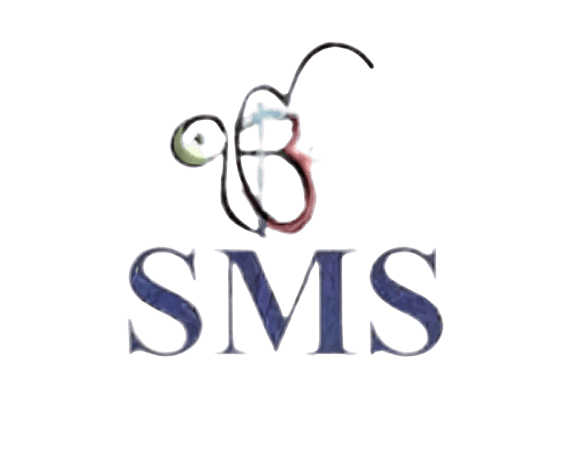


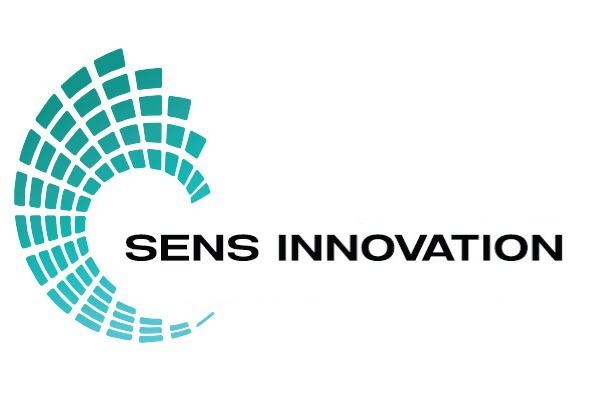
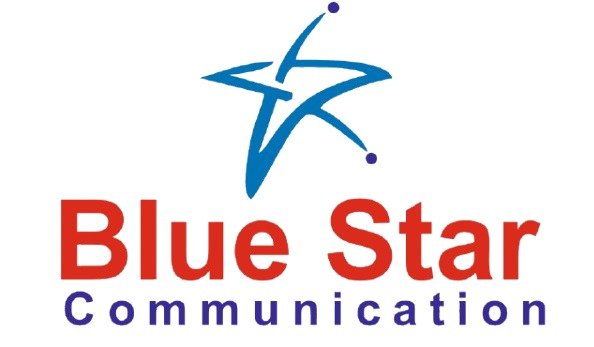
































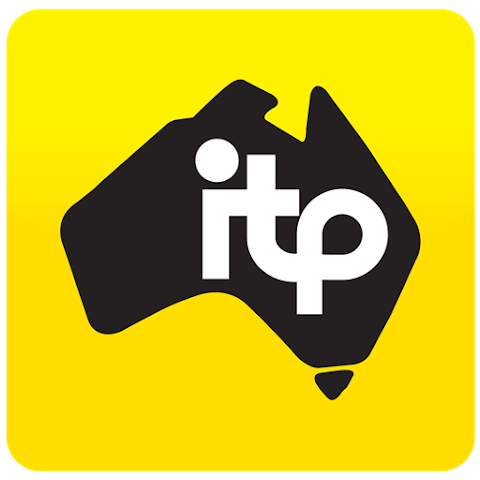
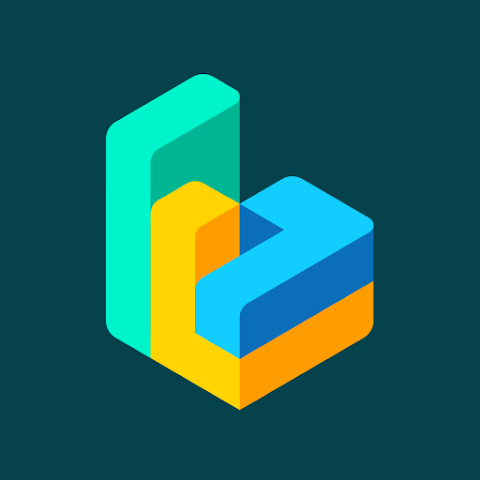
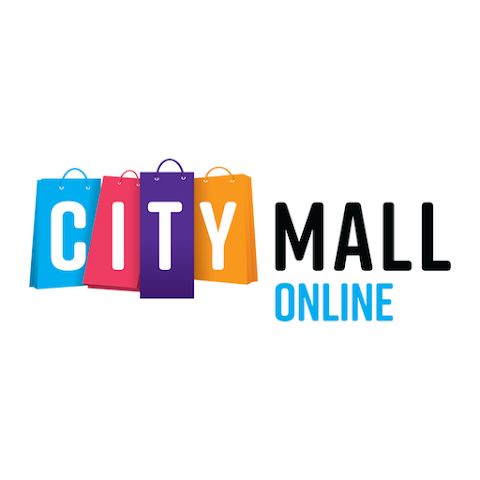




















































Together, let's create something great;
we hope to see you soon!
